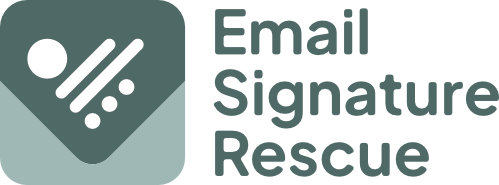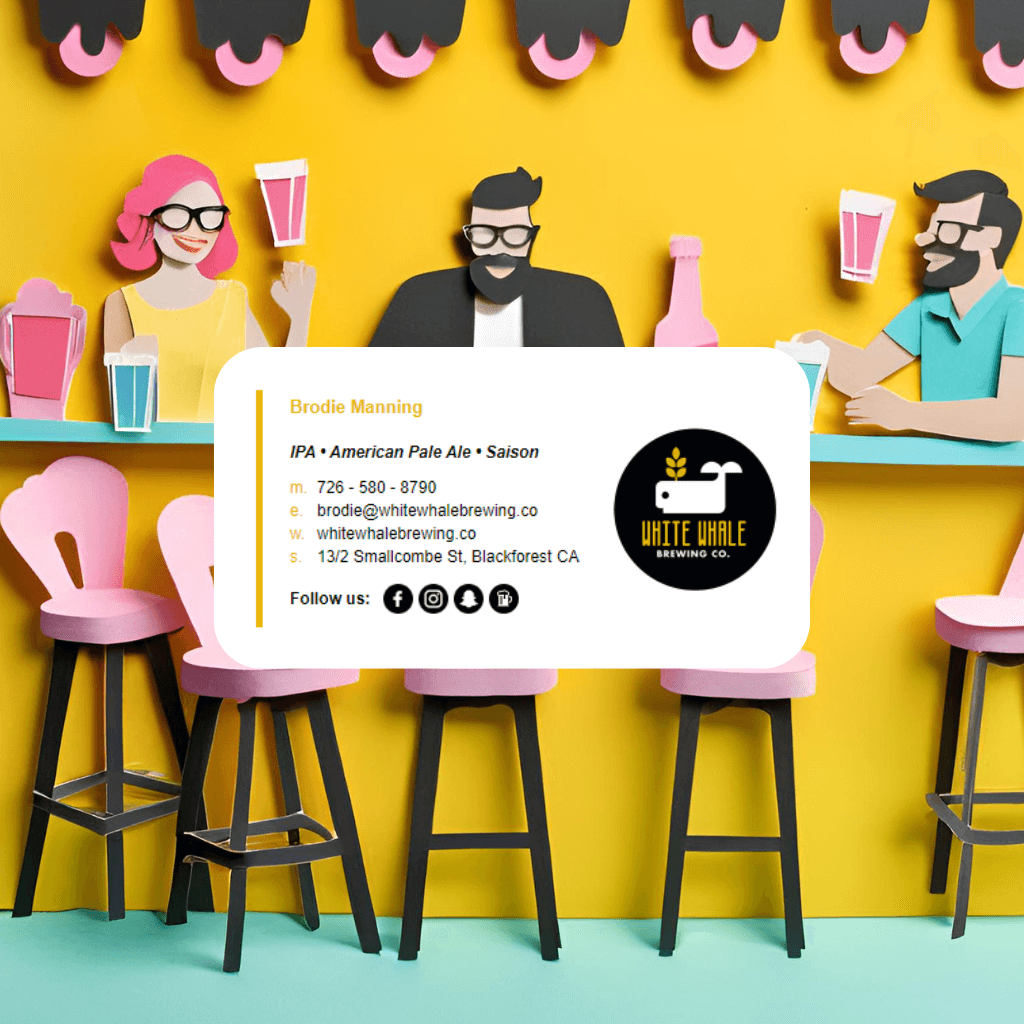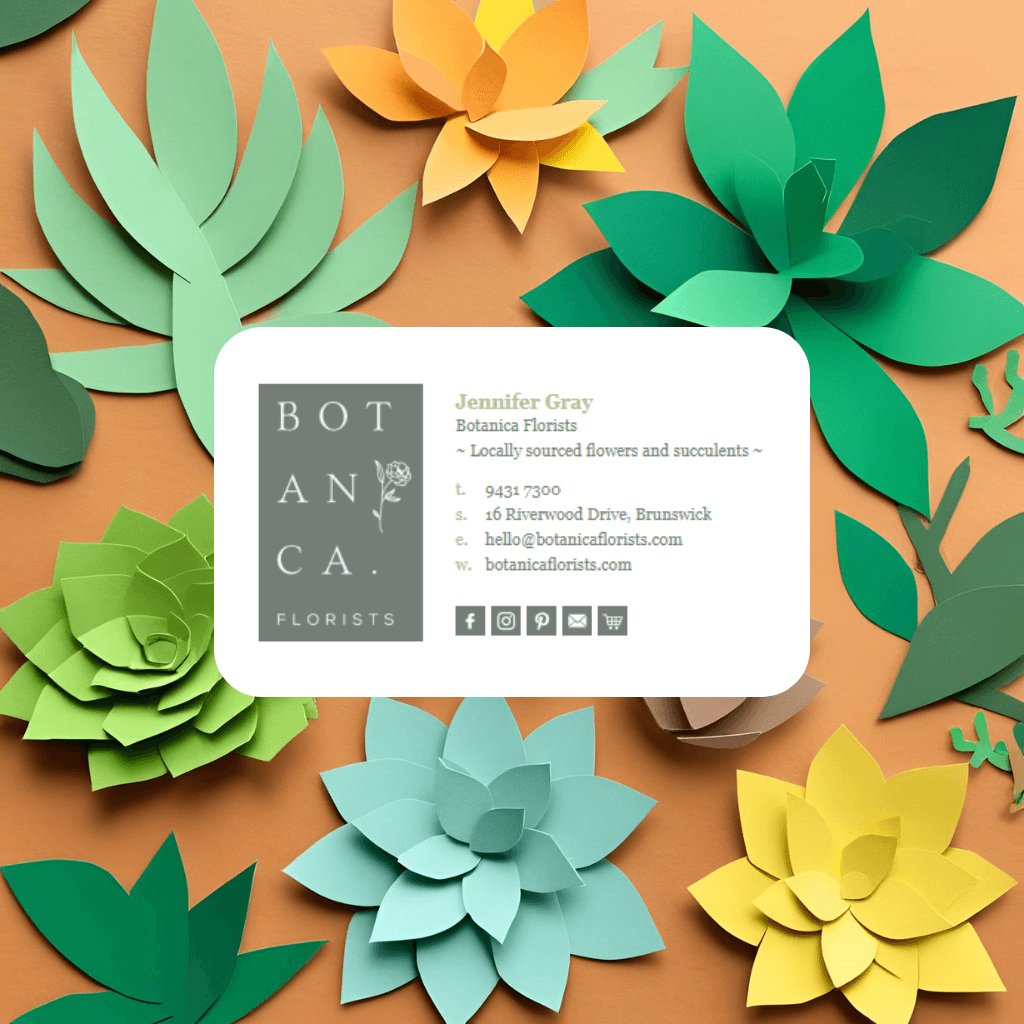The real obstacles you face in traditional networking
Traditional networking environments present multiple interconnected challenges that compound each other, creating a perfect storm of overwhelm.
Sensory overload steals your energy
Networking events assault your senses with bright lights, competing conversations, and crowded spaces. For neurodivergent individuals, every sound feels like it's turned up to eleven. The constant sensory bombardment triggers fight-or-flight responses, making it nearly impossible to focus on meaningful conversations.
This sensory overwhelm creates physical symptoms including intense anxiety, difficulty communicating, and an urgent need to escape. The chronic stress response can lead to serious health consequences including burnout, immune dysfunction, and cardiovascular complications.
Masking exhausts your authentic self
Many neurodivergent professionals engage in "masking"—meticulously observing and imitating neurotypical behavior, forcing smiles, modulating voice tone, and making painful eye contact. It's like being a method actor who's never allowed to drop character, creating a full-time, exhausting job that often ends in what professionals call a "social hangover."
Masking prevents authentic connections from forming. When you present a facade, you risk building shallow relationships based on false pretenses. The constant effort required for masking can lead to identity crises and chronic burnout, making sustainable networking nearly impossible.
Executive function challenges create planning barriers
Executive function differences affect your ability to initiate networking activities, manage time during events, and follow up on connections. "Time blindness" makes it difficult to know when to transition between conversations, while working memory challenges affect your ability to track multiple conversations simultaneously.
These challenges manifest as difficulties with getting started on networking tasks, poor estimation of how long activities will take, and problems organizing and prioritizing networking efforts. The result is often procrastination and missed opportunities.
Communication differences create misunderstandings
Small talk feels foreign when you prefer direct, purposeful communication. Social cues can feel like a foreign language, requiring constant mental energy to decode facial expressions, body language, and implied meanings. Traditional networking relies heavily on nonverbal communication that many neurodivergent individuals don't naturally use or interpret.
The expectation for spontaneous conversation creates additional pressure. Research shows that "the best spontaneous conversations are well-practiced," but traditional networking provides little opportunity for the preparation that neurodivergent individuals often need to communicate effectively.
Alternative networking strategies that work with your brain
Instead of forcing yourself into neurotypical networking molds, these strategies leverage your natural communication style and strengths.
Master the art of one-on-one connections
Quality trumps quantity in neurodivergent networking. Instead of working the room, focus on meaningful conversations with individual people. Schedule coffee chats, informational interviews, or lunch meetings where you can engage deeply without sensory overwhelm.
Consider the "wing person" approach—attend events with a trusted colleague who can help facilitate introductions and provide support when needed. This reduces the pressure of navigating social dynamics alone while still building your network.
Harness the power of virtual networking
Online platforms offer controlled environments where you can process information at your own pace. LinkedIn Groups provide structured ways to engage with professionals in your field, while Discord servers and Slack communities offer more casual interaction around shared interests.
Virtual networking allows you to leverage your potentially stronger written communication skills. You can craft thoughtful responses, research connections beforehand, and engage when your energy levels are optimal. Platforms like Mentra specifically connect neurodivergent professionals with employers and each other.
Structure reduces uncertainty
Seek networking opportunities with clear agendas, defined purposes, and suggested conversation topics. Industry-specific conferences, professional workshops, and skill-based meetups provide natural conversation starters and reduce the uncertainty that creates anxiety.
Create your own structure by preparing conversation templates, researching attendees beforehand, and setting specific goals for each networking interaction. This preparation transforms overwhelming social situations into manageable professional tasks.
Leverage your areas of expertise
Your deep knowledge becomes a networking superpower when you focus on connections within your areas of expertise. Industry-specific groups, professional associations, and technical communities provide natural opportunities to share knowledge and build relationships around shared interests.
Consider offering to mentor others in your areas of strength, speaking at conferences, or writing articles that showcase your expertise. This positions you as a valuable resource and naturally attracts networking opportunities.
Practical accommodations that make events accessible
With the right accommodations, traditional networking events can become manageable and even enjoyable.
Sensory accommodations
Request or create sensory inclusion bags with noise-canceling headphones, fidget tools, and visual guides. Many events now offer designated quiet spaces with muted colors and minimal stimulation. Don't hesitate to ask for these accommodations—they're often available if you request them.
Use color-coded name tags or badges to signal your interaction preferences. Some events offer systems where red indicates "need space" and green shows "open to conversation." This simple system reduces social pressure and unexpected interactions.
Structural modifications
Arrive early or late to avoid peak crowds. Request agenda and speaker information in advance so you can plan your energy expenditure. Look for events that offer multiple participation formats—in-person, virtual, and hybrid options.
Seek networking events with structured activities rather than purely social mixing. Panel discussions, workshops, and breakout sessions provide natural conversation frameworks that reduce social uncertainty.
Communication supports
Request written materials, session summaries, and follow-up information to supplement verbal communication. Many events now offer real-time captioning and visual aids that benefit all attendees. Written Q&A options allow you to participate without the pressure of speaking publicly.
Your neurodivergent strengths are networking superpowers
Reframe your neurodivergent traits as the professional advantages they truly are.
Attention to detail builds trust
Your ability to notice and remember specific details about people's interests, projects, and challenges makes you a memorable and valuable connection. This attention to detail helps you follow up on conversations with relevant resources and insights.
Deep expertise creates natural opportunities
Hyperfocus abilities often lead to exceptional expertise in specific areas. This specialized knowledge makes you a go-to resource for colleagues and creates natural mentoring opportunities. Your passion for your interests is contagious and attractive to potential collaborators.
Authentic communication refreshes others
In a world of polished networking speak, your direct and genuine communication style can be refreshing. Many professionals appreciate honest, task-focused conversations over superficial small talk. Your authenticity can lead to more meaningful professional relationships.
Innovative thinking solves problems
Your ability to approach challenges from unique angles makes you a valuable problem-solving partner. Many successful networking relationships begin when you offer creative solutions to others' professional challenges.
Success stories prove it's possible
Neurodivergent professionals across industries have built thriving careers through strategic networking:
Richard Branson credits his dyslexia and ADHD with his business success, calling his conditions "gifts, not disabilities." His authentic leadership style and innovative thinking built Virgin Group into a global empire.
Elon Musk publicly disclosed his autism diagnosis while building revolutionary companies. His deep focus on technical problems and direct communication style became networking advantages in the tech industry.
Amy Lockwood, Co-Founder of Email Signature Rescue and SigStudio shared her late diagnosis on LinkedIn and talks about the challenges she has had to overcome with a perspective shift later in life.
David Neeleman, founder of JetBlue Airways, calls his ADHD "one of my greatest strengths." His ability to see systems differently led to innovative approaches that transformed the airline industry.
Research shows that 35% of entrepreneurs have dyslexia, compared to 15% in the general population. People with ADHD are 300% more likely to start their own companies. These statistics suggest that neurodivergent traits, when properly channeled, can be significant business advantages.
Building genuine relationships through shared interests
Authentic professional relationships develop when you connect around mutual interests and shared expertise.
Focus on knowledge exchange
Reframe networking as collaborative learning rather than transactional relationship building. Approach conversations with genuine curiosity about others' work and offer insights from your own experience. This transforms networking from social performance into intellectually stimulating exchange.
Prepare conversation starters
Develop a repertoire of thoughtful questions about industry trends, professional challenges, and innovative solutions. Practice these conversations with trusted friends or mentors to build confidence and fluency.
Follow up meaningfully
Use your attention to detail to send personalized follow-up messages that reference specific conversation points. Share relevant articles, introduce connections who might find each other valuable, or offer assistance with projects they mentioned.


















